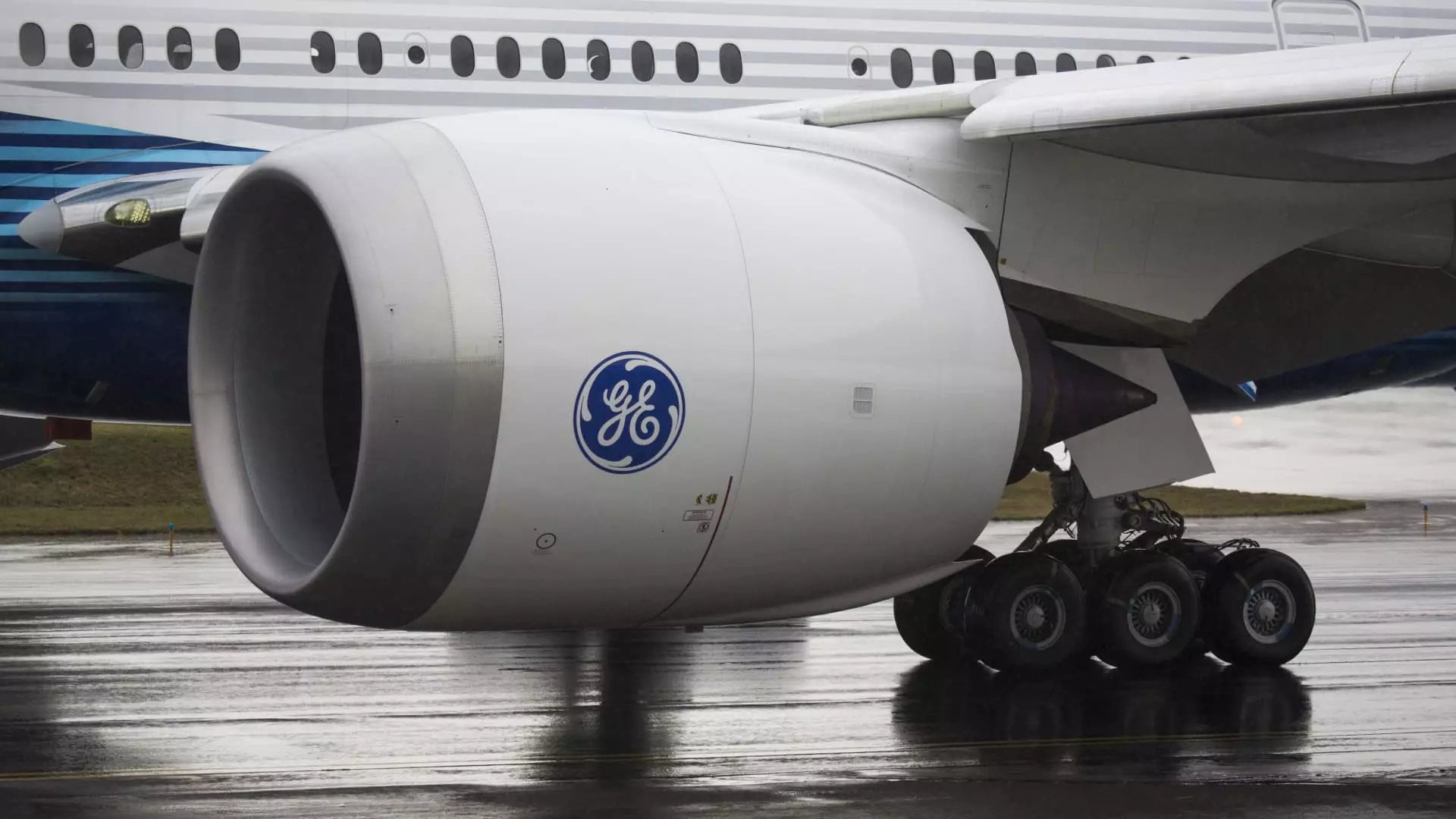In the unpredictable world of global trade and economics, few companies have managed to stay afloat amidst a tempest of tariffs and market unrest like GE Aerospace. Bank of America has notably praised GE for its exceptional approach to navigating the complexities of today’s economic climate, which is a far cry from what most companies have experienced. While many corporations might feel like they are being tossed around in a stormy sea of trade tariffs, GE Aerospace stands firm, unveiling a proactive and strategic approach that not only mitigates potential losses but also positions it for future growth. This feat is especially impressive in an era marked by escalating protectionist measures and market volatility—an environment where stability has become the exception rather than the rule.
Strategic Positioning: A Beacon of Hope for Investors
Analysts such as Ronald Epstein highlight that GE Aerospace’s capability to absorb challenges related to tariffs and rising operational costs sets it apart from competitors who are struggling. The firm’s recent $500 million forecasted cost headwind due to tariffs does not deter its confident outlook; instead, GE’s resilience suggests a deeper understanding of the landscape. Companies like Boeing and Airbus have strong ties to GE Aerospace, meaning a turbulent economic environment for the industry doesn’t necessarily translate to equal vulnerability for GE. Instead, its strong market positioning and operational strength have become reliable shields against the volatile winds of tariffs and economic challenges.
Moreover, with a buy rating and a $230 price target—indicating an expected 17% upside from the latest close—investors are slowly but surely being wooed back to the capital table. Unlike many firms that have shown hesitation or outright fear in response to tariff threats, GE Aerospace has embraced a forward-thinking mentality, which invites a broader discussion about corporate resilience and strategic planning in an age of uncertainty.
The Controversial Fabric of Global Trade
Looking deeper, the discussion extends well beyond the considerations surrounding GE Aerospace. The entire aerospace sector has long relished in the advantages of nearly half a century of duty-free trade. This historical privilege has empowered many key players in the industry, contributing to innovation and unhindered growth rates. So, when tariffs enter the picture, they don’t just impose financial burdens; they threaten the very foundation upon which this industry has prospered. And yet, GE has adapted, employing tactics such as leveraging free-trade zones and implementing operational improvements to offset financial strain.
One cannot overlook the broader implications of these tariffs on global supply chains. The challenge is not merely operational; it’s fundamentally philosophical. Are we prepared as a society to live with the consequences of tariffs, or should we demand bold actions from our trade representatives? The discourse itself often carries a heavy burden, and companies like GE Aerospace are constantly caught in the crosshairs of political maneuvering and economic realities.
A Symbol of American Ingenuity
The dialogue around GE Aerospace takes a personal turn when we consider the leadership style of CEO Larry Culp. His engagement with influential figures—like President Donald Trump—illustrates a proactive approach that could reshape the narrative on U.S. manufacturing and trade integrity. Culp’s willingness to advocate for the aerospace industry’s trade surplus is not just a business move; it signifies an effort to solidify the industry’s place in the American economic landscape. This leadership doesn’t merely react to situations; it aspires to innovate and forge paths forward, even in unclear territory.
The stock performance this year paints a compelling picture: while GE Aerospace shares have surged by nearly 20%, the S&P 500 has plummeted by 7%. This stark divergence speaks volumes—it hints at a potential paradigm shift where adaptability and strategic foresight define market winners. It also exposes a critical vulnerability in competitors who choose to cling to outdated practices rather than embrace the winds of change.
Industries need visionary leaders who recognize that while the environmental conditions may shift dramatically, those with the insight and agility to adapt will not just survive but thrive. GE Aerospace is no longer just a player in the aerospace field; it is a harbinger of what can happen when dynamic strategy meets industry challenges head-on.

